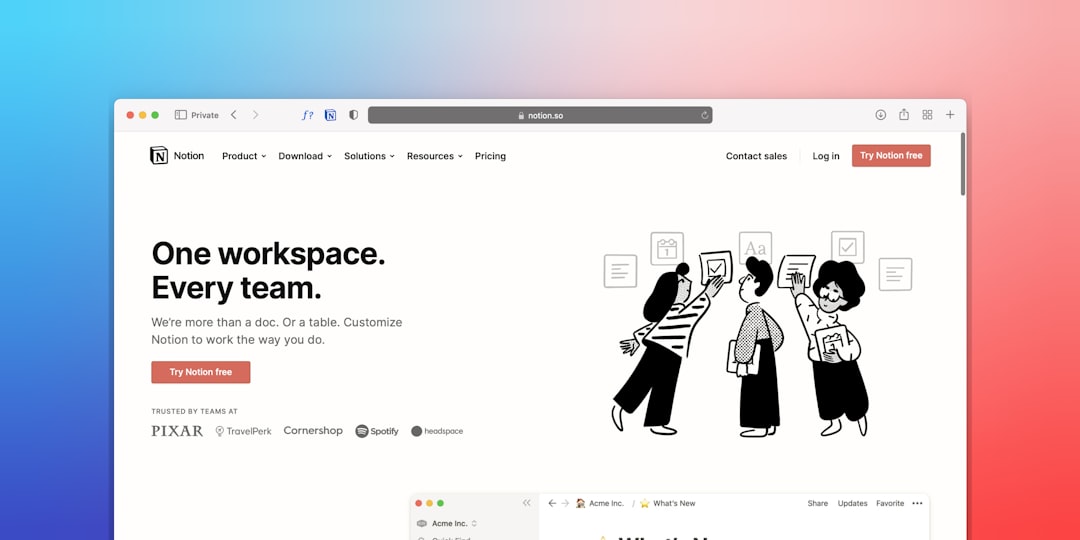Encountering an OpenSSL error when building modern JavaScript applications can be frustrating. One that has increasingly affected developers using Webpack and Next.js is OpenSSL Error 0308010C. This error typically emerges during the build process, particularly when using Node.js versions 17 and above. Although alarming at first, there are clear and effective ways to resolve it. This updated guide covers why this error occurs, how it affects your development workflow, and the most reliable strategies to eliminate it.
Understanding the OpenSSL Error 0308010C
The error message you might encounter often looks something like this:
Error: error:0308010C:digital envelope routines::unsupported
At its core, this error is linked to how Node.js handles cryptographic operations through the OpenSSL library. With newer versions of Node.js, a subtle but significant change was introduced: OpenSSL 3.0 became the default cryptographic provider. This change enforced stricter security policies and deprecated several legacy cryptographic algorithms and usage behaviors that older modules, like those used internally in Webpack and other loaders, might still depend on.
As a result, when Webpack or Next.js performs certain cryptographic operations like hashing during the build process, it may clash with OpenSSL 3.0’s expectations — thus emitting this “unsupported” error.

Common Scenarios Where This Error Appears
While this OpenSSL error can occur in various contexts, here are some typical situations where it arises:
- Running a production or development build with Webpack 4 or 5.
- Starting or exporting a Next.js application, particularly one customized with Webpack or Babel.
- Using Node.js v17 or later without adjusting compatibility settings.
Given the growing adoption of newer Node.js versions and Next.js 13+, it’s important that developers understand the resolution path.
Recommended Fixes
There are multiple ways to fix or circumvent this error, depending on your team’s strategy and acceptable risk level. Below are the most up-to-date and supported approaches.
1. Downgrade to Node.js v16
The simplest workaround is to revert to a stable Node.js version prior to 17, such as Node.js v16, which still uses OpenSSL 1.1.1 and does not exhibit this compatibility issue.
Steps:
- Install
nvm(Node Version Manager) if not already using it. - Run
nvm install 16andnvm use 16. - Rebuild your project:
npm installand thennpm run build.
Pros: Simple and stable fix.
Cons: You miss out on the performance and language feature improvements in newer Node versions.
2. Set NODE_OPTIONS Environment Variable
For those who want to continue using Node.js 17 or higher, this temporary fix allows older crypto behavior using OpenSSL legacy provider.
Command to run (Unix-based systems):
export NODE_OPTIONS=--openssl-legacy-provider
Or on Windows CMD:
set NODE_OPTIONS=--openssl-legacy-provider
For PowerShell:
$env:NODE_OPTIONS="--openssl-legacy-provider"
Or, modify your package.json build script:
"scripts": {
"build": "NODE_OPTIONS=--openssl-legacy-provider next build"
}
Pros: Maintains the use of modern Node.js while suppressing the error.
Cons: May become unsupported in future Node.js versions.

3. Upgrade Webpack and Plugins
If your project still uses older versions of Webpack or its dependencies, a longer-term solution is to upgrade to compatible versions that do not rely on deprecated crypto methods.
Steps:
- Upgrade Webpack to v5 (if using v4):
npm install webpack@^5 - Update Webpack loaders and plugins:
- css-loader
- style-loader
- babel-loader
- Ensure you are using Node.js >=18 with full support.
Next.js by default already uses Webpack 5, but if manually overriding configurations, you should ensure full compatibility.
Tip: Use npm outdated and npm audit to automatically spot outdated packages.
4. Remove Legacy Crypto Calls in Custom Webpack Config
If your project includes custom Webpack configurations, it might contain legacy encryption modules or plugins that trigger the error. Search for any manual crypto usage, especially calls involving createHash with non-supported algorithms like md4.
Resolution: Replace with supported algorithms such as sha256 or align with latest Node.js crypto requirements.
What If You’re Using Docker?
In Docker environments, especially during Continuous Integration (CI) builds or production image generation, the error may persist unless explicitly handled. Modify your Dockerfile to include this environment variable:
ENV NODE_OPTIONS=--openssl-legacy-provider
This ensures that all downstream build processes will inherit the correct crypto settings and avoid abrupt failures.
Best Practices Moving Forward
To avoid encountering this error or similar ones in the future, consider adhering to the following best practices:
- Always test build compatibility when upgrading Node.js or Webpack in a separate branch.
- Document all version dependencies explicitly in
package.json. - Pin your Node.js version using
.nvmrcor Docker base images. - Watch repository releases for Webpack, Next.js, and crypto libraries for future changes in OpenSSL support.
Conclusion
OpenSSL Error 0308010C is a direct result of evolving cryptographic standards in the Node.js ecosystem. While alarming at first glance, the approaches outlined above provide a solid path to resolution — whether through temporary environment flags, package upgrades, or Node.js version control. Each method has its trade-offs, and understanding your project’s scale and goals is vital in choosing the optimal fix.
Remember, this is not just a compatibility issue — it’s a wake-up call to engineering teams to future-proof their stacks as the security landscape evolves. Staying proactive and periodically auditing your build pipelines will help ensure stability even as foundational technologies like OpenSSL and Node.js continue to evolve.